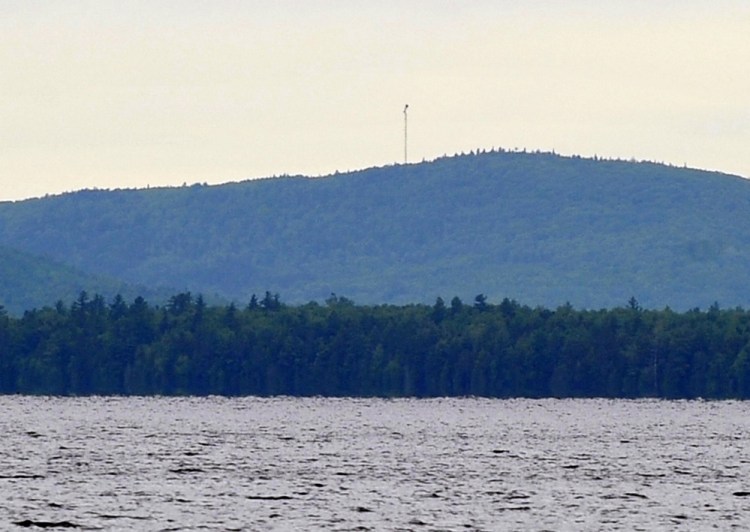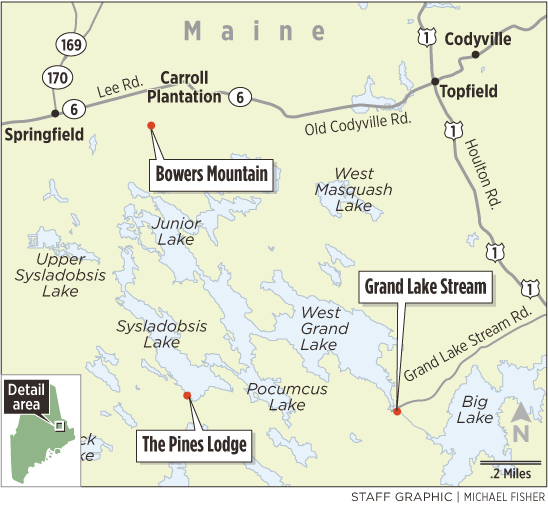A long-embattled, $100 million wind project planned for Penobscot County has lost its final appeal before the state’s highest court, ending a six-year effort by Boston-based First Wind to build wind turbines near Bowers Mountain.
In a decision handed down Thursday, the Maine Supreme Judicial Court upheld the ruling of the state’s Board of Environmental Protection. It was the first such project to be rejected by regulators.
“We’re certainly disappointed in the decision and we believe the project had met the legislative criteria set out by the state,” said John Lamontagne, spokesman for Sun Edison, the parent company behind the project. “We feel the project would have brought a lot of significant economic benefits to the region and the community itself. We’ll decide next steps soon.”
The project would have brought 16 wind turbines, generating 48 megawatts of electricity, to an area already designated for wind power generation.
At issue was whether the turbines would impinge on the scenic views from nine nearby lakes. Regulators had to weigh two competing aspects of state law: a developer’s right to build a wind farm in a designated zone, and the public’s right to enjoy views unmarred by turbine blades.
Gary Campbell, president of the Partnership for the Preservation of the Downeast Lakes Watershed, a group that opposed the project, said in a prepared statement: “We are very excited and relieved” by the ruling. “Making our case required the sustained efforts of hundreds of individuals, groups and businesses. This victory is a testament to all their hard work.”
Sun Edison’s original application called for a larger project, with 27 turbines, but the company withdrew that application in favor of the smaller version, before ultimately being denied by the Department of Environmental Protection. The company appealed to the Board of Environmental Protection, which also issued a denial.
The final appeal, to the Maine Supreme Judicial Court, was argued in April.
In the 12-page decision written by Chief Justice Leigh Saufley, the court examined portions of the 2004 Wind Energy Act, which allows for expedited permitting zones – areas naturally suited for wind power generation – to help head off challenges by groups that oppose wind turbines because they are unsightly. The legislation stipulates that a project must not compromise views from scenic resources of state or national significance.
Although the 16 turbines were to be within the expedited permitting area, they would have been visible from nine interconnected lakes: West Grand, Junior, Scraggly, Shaw, Pleasant, Bottle, Keg, Sysladobsis and Pug.
Sun Edison operates five wind power projects around the state.
Send questions/comments to the editors.





Comments are no longer available on this story